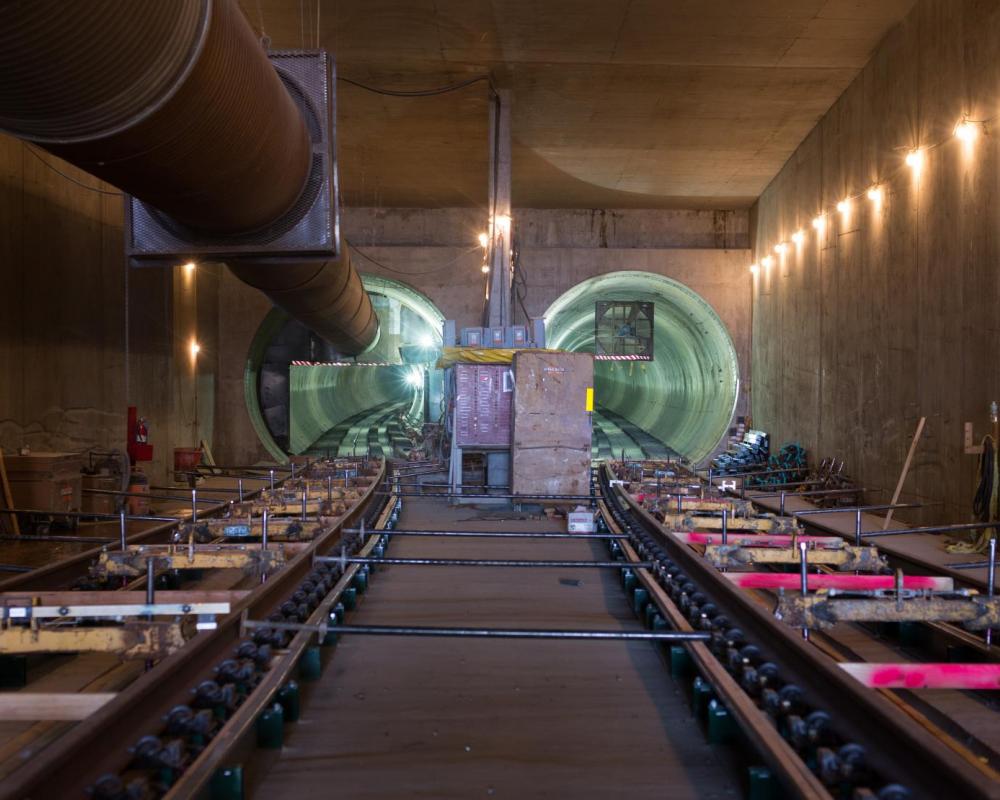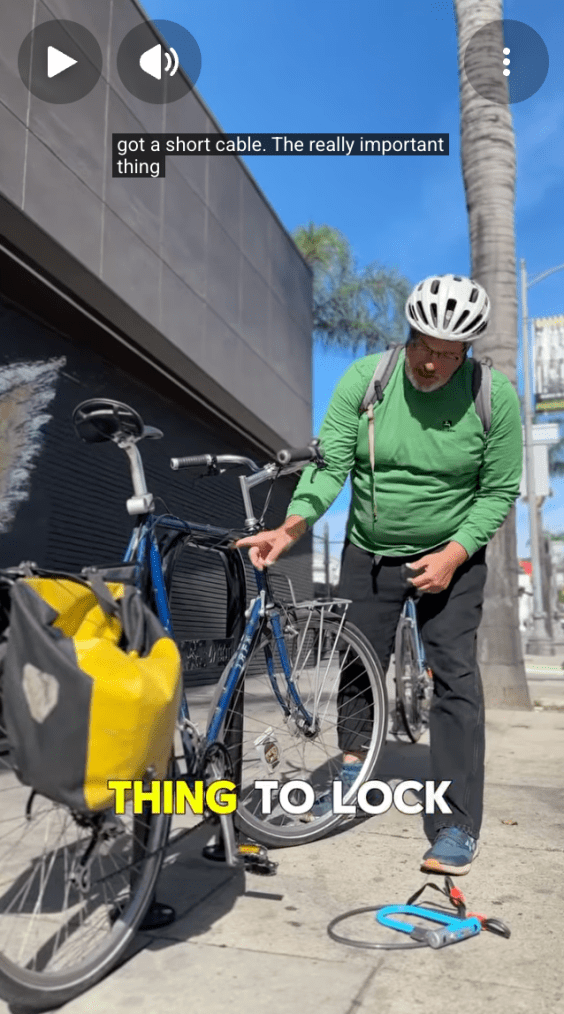American demographics are changing. More people are living in single-person households, especially the growing population of senior citizens. Just one in five households today are families with school-aged children.
But the nation's housing supply is still oriented toward the type of living arrangements that prevailed in the 1950s, when nearly half of all households were of the husband/wife/2.5 kids variety. Even after the unprecedented housing market collapse, there are still powerful forces upholding the outdated model.
David Edmondson at Network blog the Greater Marin says his community is seeing changing household patterns that in some ways mirror national trends. But the local housing market is stubbornly resistant to the new reality:
The housing supply has left behind the studio apartment. Marin has been upsizing, replacing small homes for large ones: the number of no- or one-bedroom homes has dropped 19 percent while larger homes have increased 11.9 percent. It means there will quickly be a shortage of studio and one-bedroom apartments, and there’s no relief on its way.
Zoning codes currently in force actually punish developers for building small units. Density limits on a per-unit basis encourage developers to build the largest units that can be rented rather than the most rentable mix of units. Other limits, such as maximum floor area or parking minimums, further strains a developer’s capability to build small. ABAG density guidelines only make the problem worse by politicizing density over height, inspiring impassioned speeches against zoning 31 units per acre.
In Southern Marin, where high rents should bring more development, community backlash against any and all development has had a major chilling effect. Who would buy developable land when they see the nightmare faced by the Blithedale Terrace? Those high rents for three bedroom apartments are the result of a major housing shortage. Shockingly, they’re actually approaching the cost of studio apartments on a square-foot basis, something unheard of except in extremely constrained and warped markets...
If Marin wants to continue to be a place for families and its seniors, it must move away from density limits and allow the market to adjust. San Rafael is already doing this with the Downtown Station Area Plan, which maintains height limits but abolishes density limits. Southern Marin could get a boost from the Mill Valley General Plan update if it’s paired with permitting process reform.
Marin can’t be held in stasis; its housing supply is built for an increasingly small demographic – the home-owning family – leaving the childless, seniors, and renting families to compete with extraordinarily high prices. If Marin tries to steer clear of infill development it will only shut out all but the wealthiest of new residents and those lucky enough to get a spot in affordable housing. We’ll be forced to build nonprofit housing, burdening municipal and county budgets with people who need services but whose homes are exempt from property and parcel taxes. Marin is changing, and our governments and residents need to let our housing supply do the same.
Elsewhere on the Network today: Systemic Failure highlights a project touted as "transit-oriented development" that upon closer inspection should actually be described as "parking-oriented development." Grid Chicago posts some of Chicago's best professional and amateur cycling advocacy signs, found in surprising places around the city. And Urban Velo shares an article from Illinois bike lawyer Brendan Kevenides, who explains that even courteous and cautious cyclists probably run afoul of traffic laws as they're currently written.






